by Hazel Que Miaoye, Change Maker
I had always examined cyber-bullying from an outsider’s perspective, with a considerable degree of detachment. Even after engaging in extensive class discussions and readings, subconsciously, I safely assumed that I would never become a victim of online harassment.
 I wasn’t until one year ago that I realized how wrong I was. Back then, I was involved in a project that aims to promote internship opportunities across high schools in Singapore. To understand the extent of student participation in internships and analyze the types of internships undertaken, my team crafted a detailed set of survey questions for high schoolers to answer. I posted the survey on my Facebook timeline, and among all the responses – responses that should be academic, professional and unrelated to sex at all – one made the exception and overwhelmed me with horrifying disbelief – under please describe the internship you’ve participated in, ‘F*ck Miaoye’ was the title, while sexually explicit scenes filled the space below details of your internship. As if that’s not insulting enough, the respondent bombarded me with slut-shaming slurs at the end, with all the steps done anonymously. Only my friends in real life had access to my Facebook account. So who did it? Why did he/she direct such threatening messages to me, when I did not even do anything that deserved it? I was clueless. It was betrayal, disrespect and hurt all rolled into one – a distasteful combination I could barely digest.
I wasn’t until one year ago that I realized how wrong I was. Back then, I was involved in a project that aims to promote internship opportunities across high schools in Singapore. To understand the extent of student participation in internships and analyze the types of internships undertaken, my team crafted a detailed set of survey questions for high schoolers to answer. I posted the survey on my Facebook timeline, and among all the responses – responses that should be academic, professional and unrelated to sex at all – one made the exception and overwhelmed me with horrifying disbelief – under please describe the internship you’ve participated in, ‘F*ck Miaoye’ was the title, while sexually explicit scenes filled the space below details of your internship. As if that’s not insulting enough, the respondent bombarded me with slut-shaming slurs at the end, with all the steps done anonymously. Only my friends in real life had access to my Facebook account. So who did it? Why did he/she direct such threatening messages to me, when I did not even do anything that deserved it? I was clueless. It was betrayal, disrespect and hurt all rolled into one – a distasteful combination I could barely digest.
Fortunately, the initial phase of anxiety and bitter disappointment did not last long. As my emotions took a backseat to reason, I turned to my peers for support and advice. However, after listening to my encounter, they conveniently brushed me off with casual remarks such as “Maybe it’s just a prank”. One member even suggested deleting that particular survey response, so that those words would not reappear while I was collecting other results and I could “forget about it and move on”.
I was genuinely disturbed by their words, which reflected the (unfortunately still) widespread belief that sexual oppression towards girls is common and should not be taken seriously; that victims are supposed to deal with everything, while the wrongdoers are free from responsibility, condemnation and guilt. It is precisely this dangerous tendency to trivialize physical and/or psychological harm that’s silencing women and perpetuating sexism and gender-related violence. I never felt as compelled to make a meaningful difference through my actions, however insignificant they might seem to be.
My first instinct was to confront the perpetrator, telling him/her outright that how much a loser he/she is (I’m not going to make assumptions about the person’s gender, but whether the person is a male or not, my experience is a sobering reminder that sexual harassment is disproportionately aimed at women), which was completely impractical due to the anonymity. I even considered posting a Facebook message addressed to him/her as a warning, but the plan was soon dismissed because I thought it would not be effective. Is there any other way I could connect to them at all? No.
 The most I could do was to prepare for what I felt was the worst-case scenario. For that, I looked for my Economics teacher (who’s more like a friend) the next day. She was outraged by the insensitive act and promised to protect me if the person attempts to hurt me in real life. The ugly episode brought the feminist out of both of us. We talked about how some boys are perpetuating chauvinism (and other ‘-ism’s as they translate masculinity into superiority) in class, and how the others – especially the girls, who are more affected by gender inequality – should never hesitate to challenge sexism manifested in every facet of our daily lives.
The most I could do was to prepare for what I felt was the worst-case scenario. For that, I looked for my Economics teacher (who’s more like a friend) the next day. She was outraged by the insensitive act and promised to protect me if the person attempts to hurt me in real life. The ugly episode brought the feminist out of both of us. We talked about how some boys are perpetuating chauvinism (and other ‘-ism’s as they translate masculinity into superiority) in class, and how the others – especially the girls, who are more affected by gender inequality – should never hesitate to challenge sexism manifested in every facet of our daily lives.
The conversation became the inspiration for me to continue to promote awareness of feminist issues, even after the incident faded away. The person’s identity and intentions, though still a mystery, no longer concern me anymore; I only think about how to reduce, if not eradicate the injustice, prejudices and harm that are inflicted on women and men alike, as a result of gender inequality and gender stereotypes. So, in the spirit of feminism, I have a few tips regarding cyber-bullying to offer (which may seem like common sense, but are often forgotten in the cases of real harassment):
- If you are a victim, it is natural to be afraid. However, if you feel like you are able to do so safely and are comfortable in doing so, you should speak up about your experiences.
- If you are a friend of a victim, show some care and empathy; it’s never too much to offer your friends love and protection during their tough times.
- If you intend to cause harm, or have bullied, harassed or abused someone online for whatever reason, acknowledge and own your actions. It’s not too late to change yet. Think about how your casual actions are ruining someone’s life, and how you would hate to be in that someone’s position; apologize if you can. It’s really not that hard to make a meaningful difference.
 About the author: Hazel is proudly bisexual, unwaveringly feminist and almost turned completely anarchist after reading Noam Chomsky’s book. She seems to defy all your stereotypes about China girls, but well, stereotypes are stupid anyway.
About the author: Hazel is proudly bisexual, unwaveringly feminist and almost turned completely anarchist after reading Noam Chomsky’s book. She seems to defy all your stereotypes about China girls, but well, stereotypes are stupid anyway.
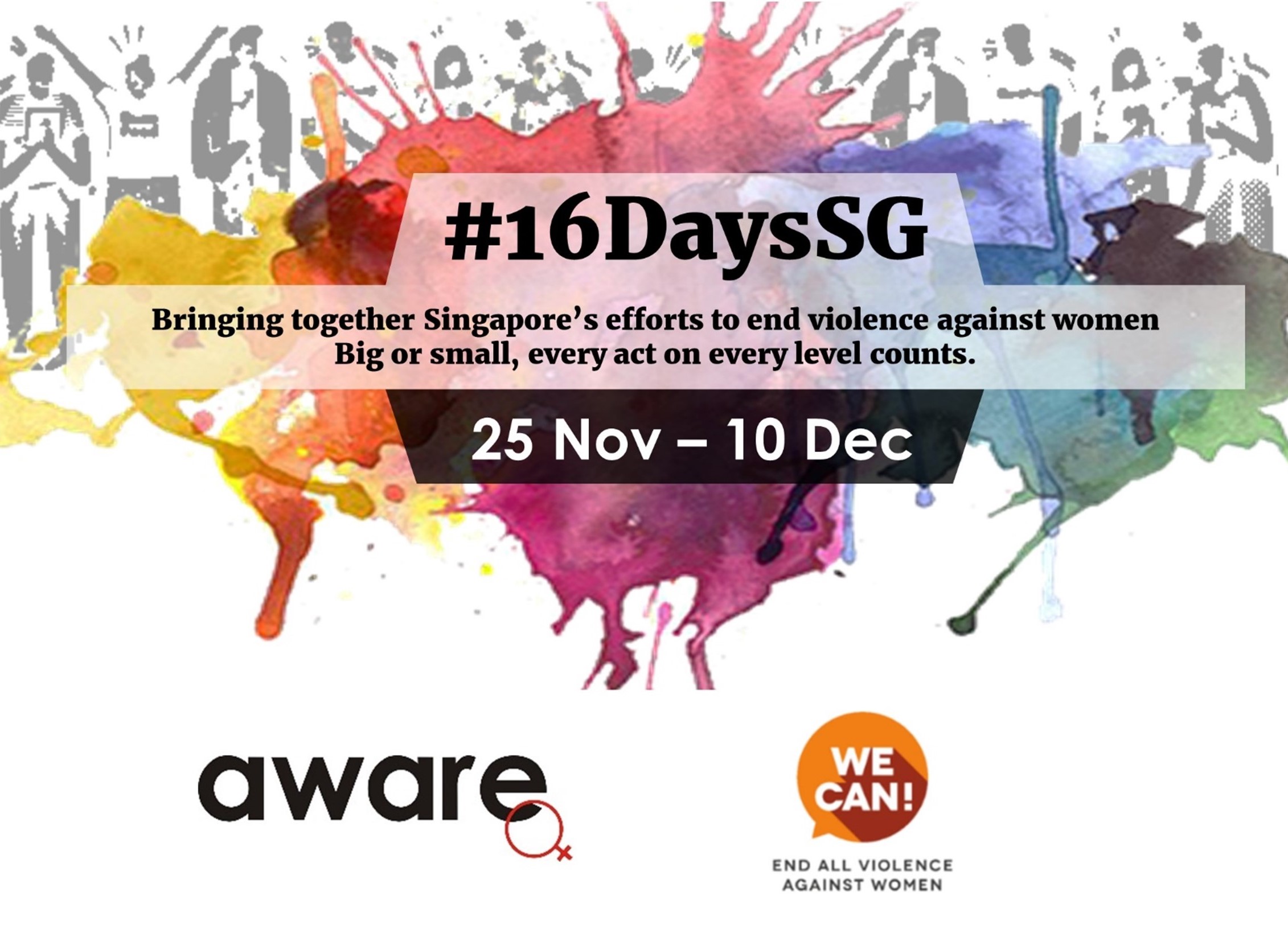

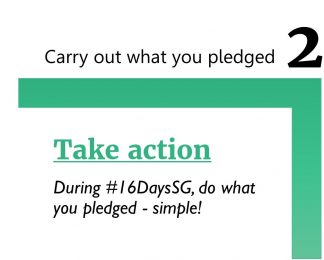
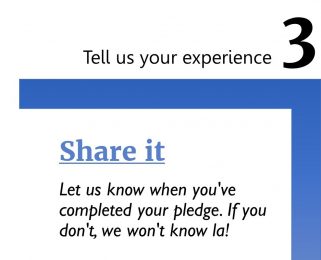
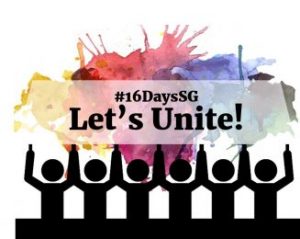


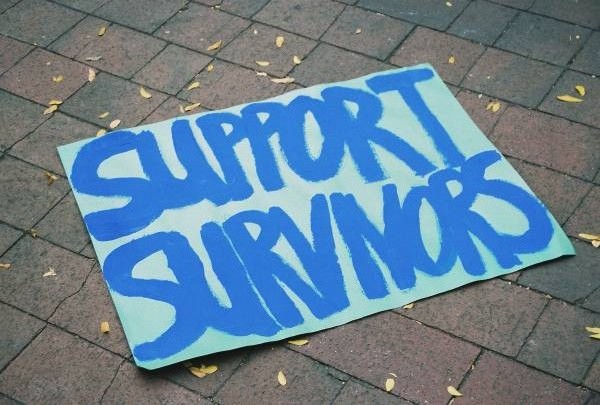 5. Self care is essential. When our loved ones experience trauma, it often affects us too. While supporting them, we must be responsible in caring for ourselves too and remember to do little things for ourselves that keep our spirits up, and seek help if we need to.
5. Self care is essential. When our loved ones experience trauma, it often affects us too. While supporting them, we must be responsible in caring for ourselves too and remember to do little things for ourselves that keep our spirits up, and seek help if we need to. 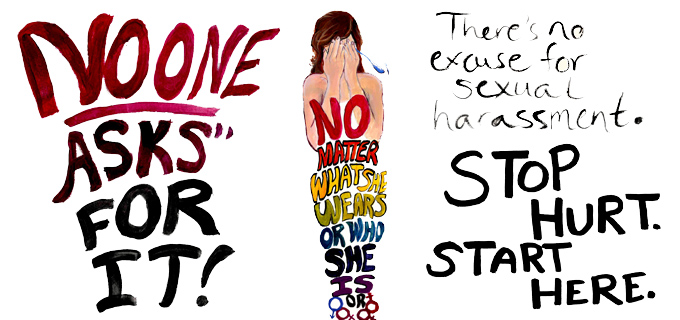




 Increasingly, the proliferation of social media and the ability to hide behind anonymity have fuelled malicious attacks on individuals perceived as sexually promiscuous. In 2013, the hashtag #slanegirl was particularly infamous, as Twitter users collectively denounced a girl caught performing oral sex at a concert venue, with some even going to the extent of publishing her full name and age on online public spaces. More recently, schools in USA are facing protests after humiliating students who were perceived to be inappropriately dressed by forcing them to wear loose fitting “shame suits”. Such behavior, however, irresponsibly perpetuates the damaging outlook that victims are responsible for their own plight, while removing responsibility from perpetrators.
Increasingly, the proliferation of social media and the ability to hide behind anonymity have fuelled malicious attacks on individuals perceived as sexually promiscuous. In 2013, the hashtag #slanegirl was particularly infamous, as Twitter users collectively denounced a girl caught performing oral sex at a concert venue, with some even going to the extent of publishing her full name and age on online public spaces. More recently, schools in USA are facing protests after humiliating students who were perceived to be inappropriately dressed by forcing them to wear loose fitting “shame suits”. Such behavior, however, irresponsibly perpetuates the damaging outlook that victims are responsible for their own plight, while removing responsibility from perpetrators.


